British history of the 20th (and 21st) century
Created by Honza Šuráň
#GB, #Ireland, #UK, #United kingdom, #WW, #world war

History of the UK - 20th & 21st century
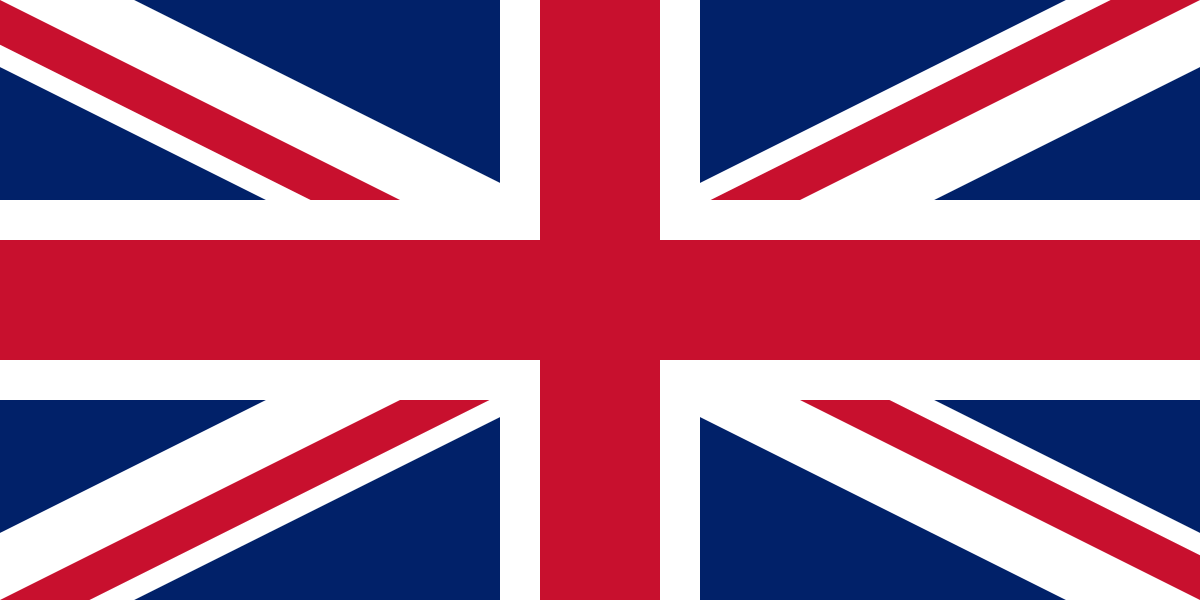
King Edward VII
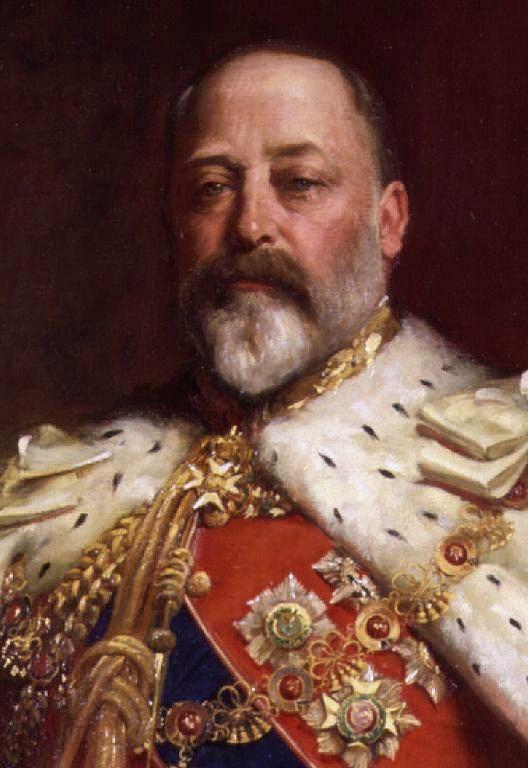
- the eldest son of Queen Victoria (1837-1901)
- spouse Alexandra of Denmark
- 6 children
- a lot of health issues
- died 1910
politics
- The Liberals +a progressive alliance of Labour
- free trade
- active social politics
- constitutional reform to limit the power of the House of Lords
- lacked a long-term plan
- the Conservatives - wanted high duties, no reforms
Edwardian era (1901-1914)
- economical prosperity
- political crisis
Triple Alliance
- Germany, Austria-Hungary, Italy
World war I
- 4 .8. 1914 -> Germany & Austria (following the advice of prime minister Herbert Henry Asquith)
- entered the War to support France
- until 1916 only volunteers, since then conscription (only GB, not Ireland)
- December: Asquith replaced by David Lloyd George
George V.
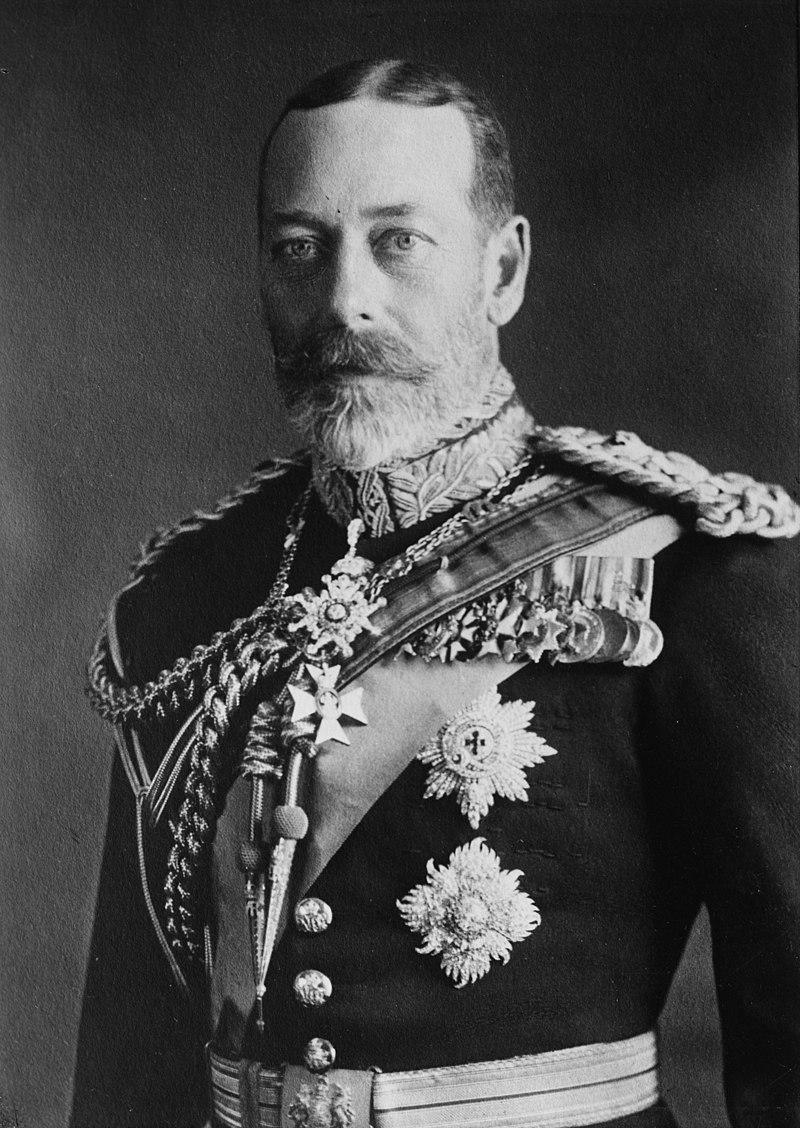
Triple Entente
later on
- 1916: battle of Jutland - victory against Germany
- meanwhile the Germans tended to use submarines more often
- 1917: victory against Russia
- 1918: huge support from the USA - Germany surrendered on 11th November 1918
sources of information
https://en.wikipedia.org/wiki/History_of_the_United_Kingdom
https://www.britannica.com/topic/list-of-British-monarchs-2059315
Paris peace conference
- 1919: Paris peace conference: Lloyd George, Woodrow Wilson, George Clemenceau
- -> League of nations to prevent further wars
- divided up the German colonies and Ottoman holdings outside Turkey
Irish independence and partition
- GB wanted to push the Home rule
- 1616: Ireland didn't like the war -> Easter rebellion: brutally repressed
- 1918: general election - didn't succeed in Ireland
- 1919: declaration of Irish independence
- 1919-1921: Anglo-Irish war, in 1921 peace treaty that established the Irish free state
- from religious reasons, the Northern Ireland stayed with GB
20s
- taxes have risen sharply
- British economy significantly dropped
- coal stocks seemed to be consumed
- 1926: general strike (9 days, 1.3e6 people) of railwaymen, transport workers, printers, dockers, iron workers
Winston Churchill
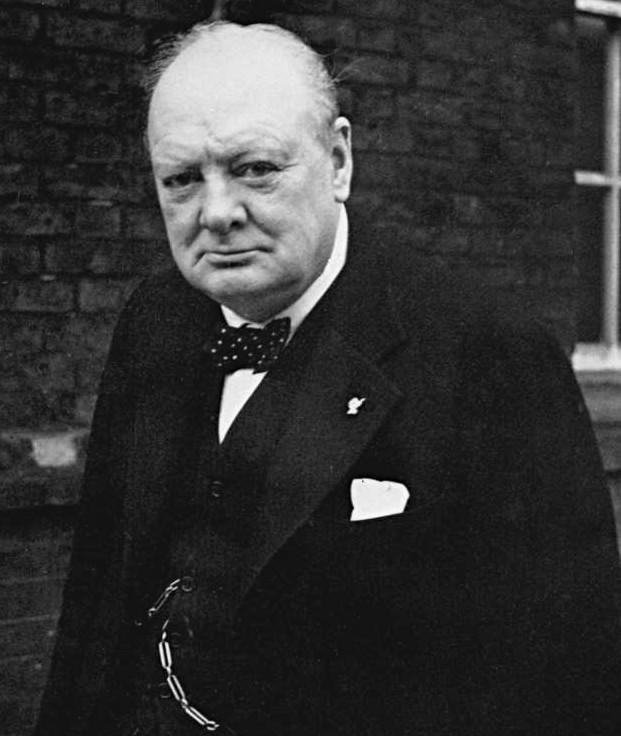
- prime minister of the UK 1940-1945, 1951-1955
- also a journalist, writer (Nobel prize 1953), historian, soldier, painter and legislator
Edward VIII.
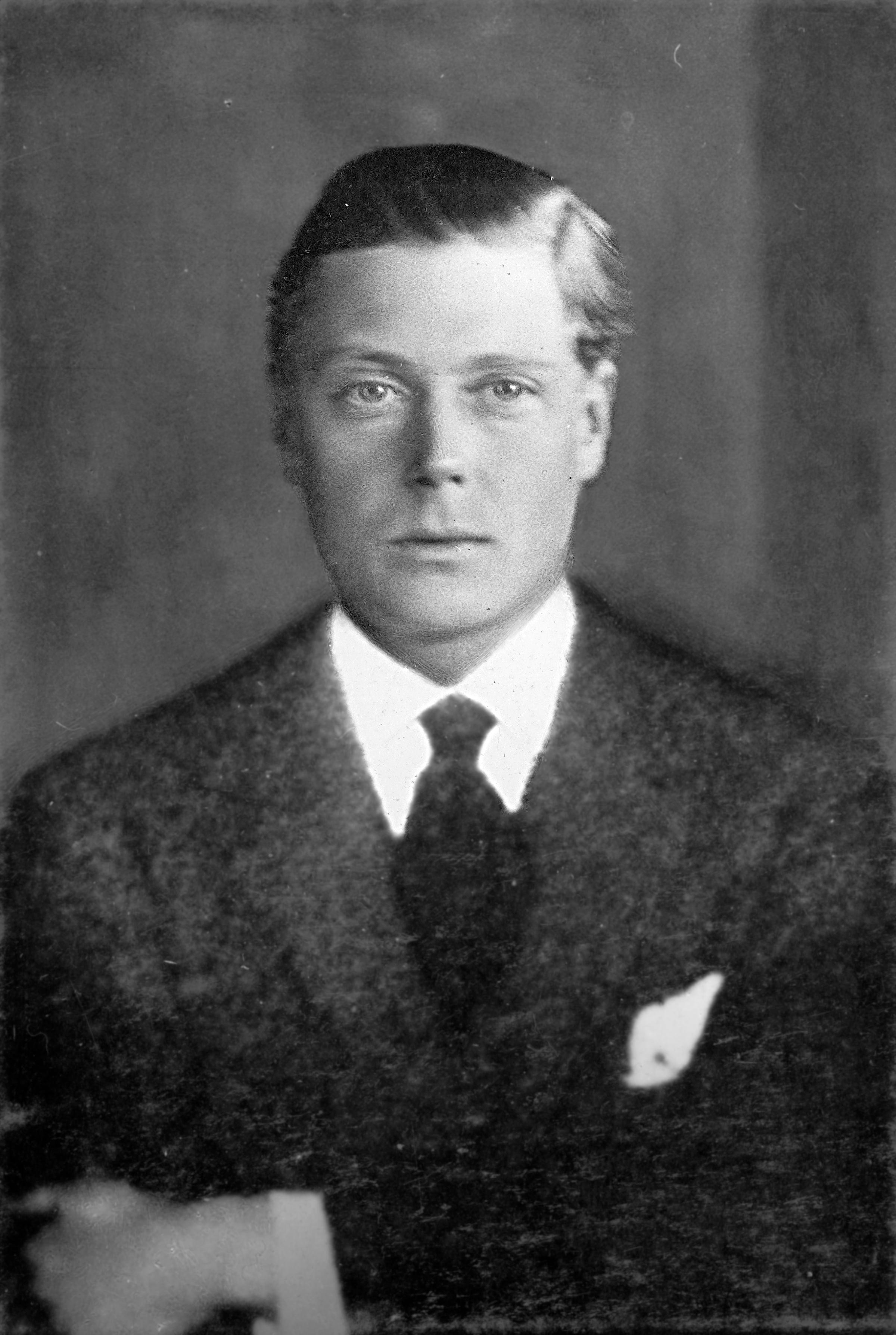
before the WW II
- the great depression (economy crisis) - 1929, spread from the US to the world
- 1929 - 1933: the output of heavy industry fell by a third, >3.5e6 people were unemployed
- 1936: highly publicized march to London (200 unemployed men) to show the plight of the industrial poor
- the British were still traumatized from the WW I and therefore GB inclined to pacifism
- the League of nations wasn't able to solve any of the threats from Mussolini and Hitler and it was clear that the WW II is coming
- 29./30. 9. 1938: the Munich agreement - Czechoslovakia was sacrificed in hope Hitler will stop
beginning of WW II
- Hitler concluded an agreement with Stalin and attacked Poland in September 1939
- this lead to George VI. to declare a war on Germany
- 1940: crushing loss against Germany due to their great discipline and leadership
- Churchill came to power and promised to fight against Germany till the end
- in late summer 1940, Germany was defeated in the air by the Royal air force
- the war was very expensive - enormous rise of taxes, loand from the US & Canada etc.
George VI.
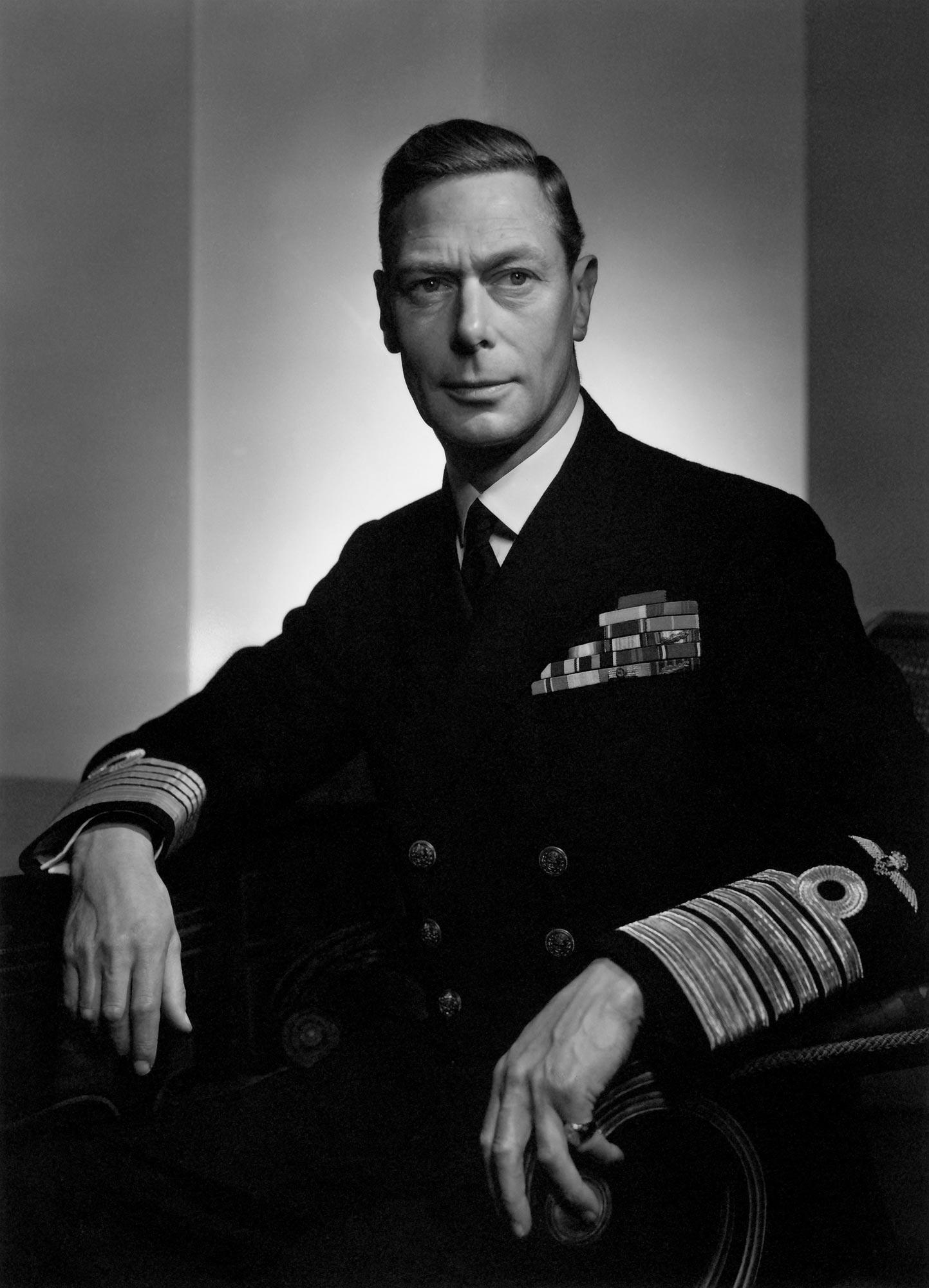
- 1936 - 1952
- children Elizabeth, Margaret
involvement of women, agriculture
- end of 1941: systematic planned mobilisation of women as workers, soldiers and housewives
- the British successfully relied on volunatity
- farmers enlarged cultivated area by a half
Alan Turing
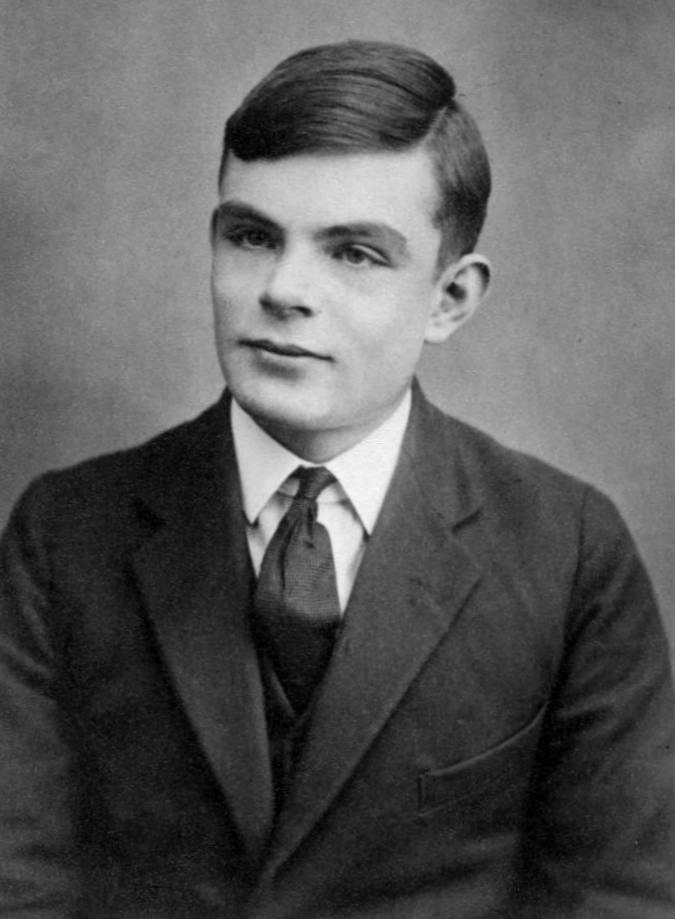
- a British mathematician, who constructed a machine called Enigma, used to decode encrypted messages from Germany
- saved millions of lives by discovering the attacks before it was too late
prince Phillip
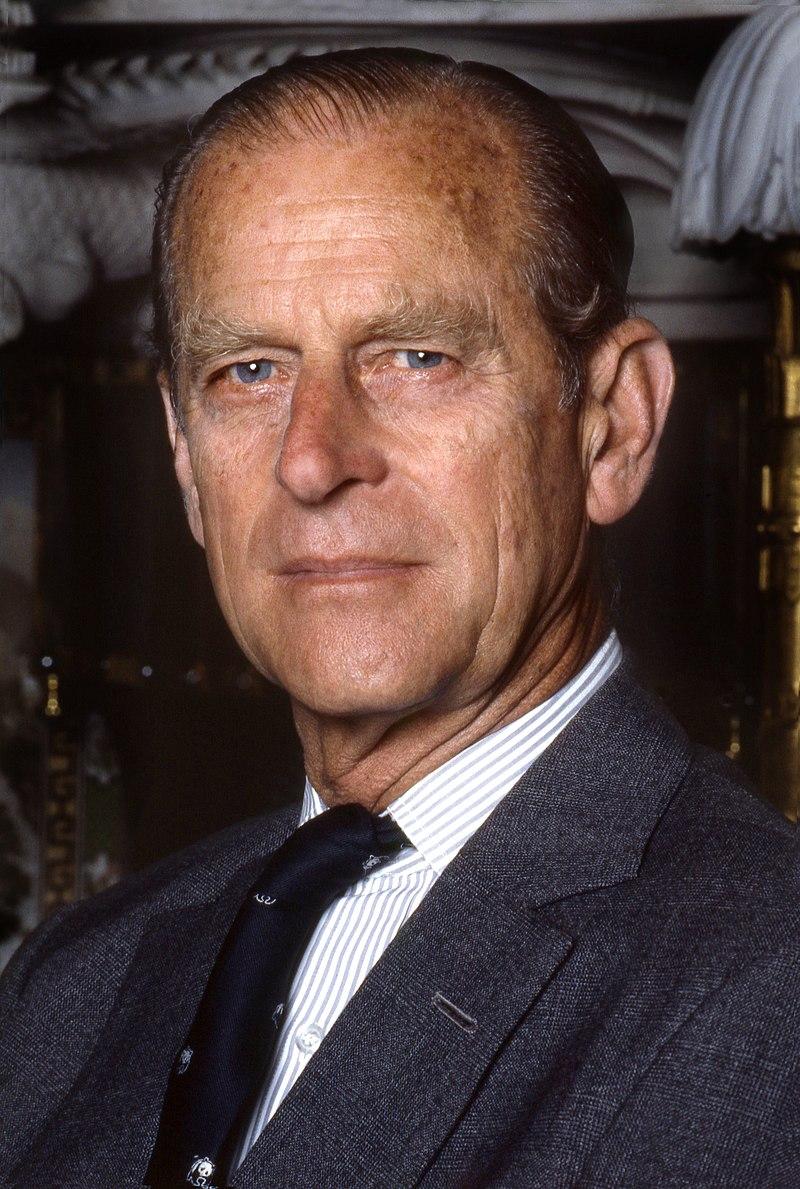
the social state
- rationing system
- lunch at schools
- equality - richer people paid greater taxes
- people requested these changes as rewards for their war victims
- + introducing more such social services in common life as well - e.g. medical care for everyone
the end of WW II
- 8.5.1945 - capitulation of Germany
- August 1945 - nuclear weapons onto Japan
after the WW II
- victory of Clement Attlee and the Labour party
- financial crisis
- nationalization: the Labour party wanted to take the economy to their own hands - steel and transport industry etc.
- they wanted to determine a fixed wage
- election 1950 - 1951: conservatives
50s & 60s
- prosperity
- rise of wages more than rise of prices
- rise of the general standard of living
- 1963: 82 % households had a TV, 72 % a vacuum cleaner etc.
Elizabeth II.

children
- Charles, Andrew, Anne, Edward
70s, 80s, 90s
- economical crisis due to global economic downturn
- 1970 Edward Heath - didn't succeed to return the UK back to normal - 1974 ousted
- 1979 - Margaret Thatcher - the greatest unemployment rate, but also a huge return to big prosperity - liberization of stock markets,privatization of state-owned industries
- coal strikes 1984 - 85 - the end of coal minig in the UK
- big incomes from oil & gas in the Northern sea
- 1990 - 1992 - economy recession, since then unstoppable economical growth
- higher rate of well-off families, better QOL
organizations
- EU: UK since 1973
- NATO: UK since 1949
- Commonwealth: 1931
- BrExit: 2016, officially by the end of 2020
21st century
- 11. 9. 2001: a terrorist attack on Twins in NYC
- -> US -> war against Afghanistan & Iraq with British soldiers as well
- 2005: 4 suicidal terrorist attacks
- 2007 - independence of Scotland? (pro-independence Scottish national party in the Scottish parliament elections)
- 2008 - 2009 - economic crisis
- 2009 - more rights for Scotland - taxes raising, elections holding
- 2011 - SNP won
- 2014 - Scottish independence referendum - only 45 % were for independence